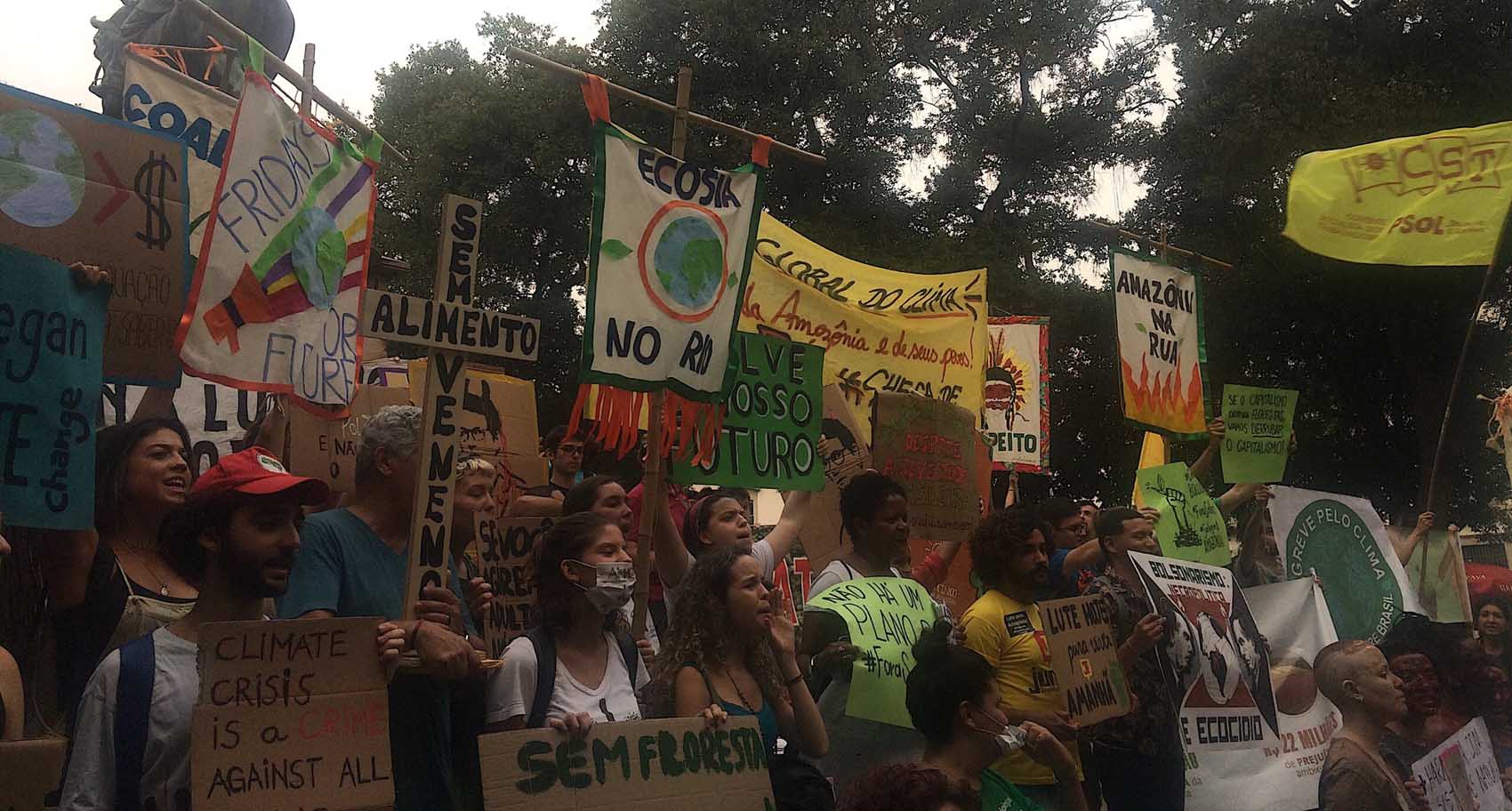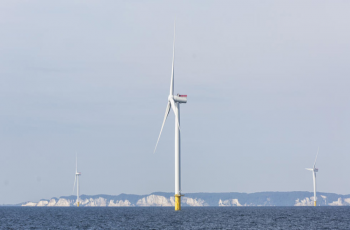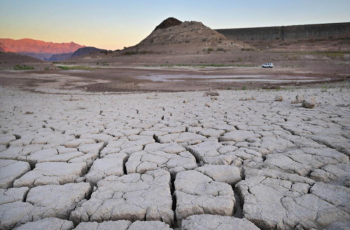Young Climate Activists Sue Brazil Over 'Carbon Trick'
Six young climate activists are suing the Brazilian government for revising its commitments under the Paris Agreement in a way that allows the country to emit more greenhouse gases, environmentalists said Wednesday.

Photo: TYT
Sao Paulo (AFP): Six young climate activists are suing the Brazilian government for revising its commitments under the Paris Agreement in a way that allows the country to emit more greenhouse gases, environmentalists said Wednesday.
The lawsuit seeks to annul the revised emissions commitments Brazil submitted in December, which effectively increased the country's 2030 carbon target by more than 400 million tonnes.
The move "is a flagrant violation of the Paris Agreement, which only allows countries to increase the level of ambition of their NDCs (nationally determined contributions), not reduce it," said 24-year-old indigenous activist Txai Surui, one of the plaintiffs, in a statement posted to Twitter by her environmental group, Engajamundo.
Brazil has drawn criticism for increasing its calculation of its emissions in 2005, the baseline year for its targets, from 2.1 billion tonnes of carbon dioxide equivalent to 2.84 billion tonnes.
That change -- dubbed the "carbon trick maneuver" by activists -- means the country's carbon-cutting targets of 37 percent by 2025 and 43 percent by 2030 now allow it to emit hundreds of millions more tonnes of greenhouse gases each year than initially pledged under the 2015 Paris deal.
The lawsuit was filed Tuesday in a Sao Paulo court by Surui and three others from her organization, plus two young activists from the Brazilian chapter of Fridays for Future, the group founded by Swedish teen Greta Thunberg.
It names Environment Minister Ricardo Salles and ex-foreign minister Ernesto Araujo as defendants.
Neither ministry immediately responded to requests for comment.
Environmentalists accuse President Jair Bolsonaro, who took office in 2019, of gutting Brazil's environmental programs and pushing to open protected lands to mining and agribusiness.
The destruction of the Amazon rainforest, a key resource in the fight against climate change, has surged under the far-right president, fueling Brazil's emissions.
In the 12 months to August 2020, deforestation in the Brazilian Amazon increased 9.5 percent, destroying an area bigger than Jamaica, according to government data.
-

Asia hit hardest by climate and weather disasters last year, says UN
2024-04-23 -

Denmark launches its biggest offshore wind farm tender
2024-04-22 -

Nobel laureate urges Iranians to protest 'war against women'
2024-04-22 -

'Human-induced' climate change behind deadly Sahel heatwave: study
2024-04-21 -

Moldovan youth is more than ready to join the EU
2024-04-18 -

UN says solutions exist to rapidly ease debt burden of poor nations
2024-04-18 -

Climate impacts set to cut 2050 global GDP by nearly a fifth
2024-04-18 -

US sterilizations spiked after national right to abortion overturned: study
2024-04-13 -

Future of Africa's flamingos threatened by rising lakes: study
2024-04-13 -

Corporate climate pledge weakened by carbon offsets move
2024-04-11
